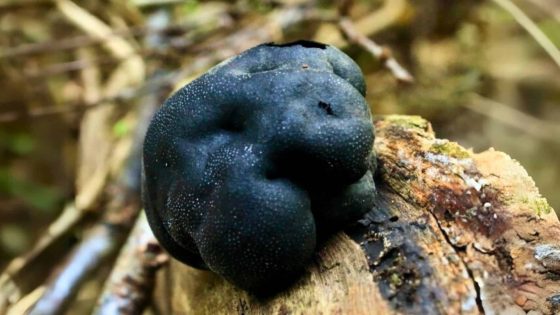A recent study from the University of Toulouse has shed light on the origins of life on land, revealing how gene transfer between fungi and early plants was pivotal for adaptation. This groundbreaking research, published on 2025-05-02 15:30:00, highlights the crucial role of bryophytes, such as moss, in understanding plant evolution.
- Gene transfer aided early plant adaptation.
- Bryophytes are key to plant evolution.
- Fungi contributed essential genetic traits.
- Plants overcame water stress challenges.
- Research informs biodiversity and climate strategies.
- Evolutionary mechanisms remain relevant today.
Scientists have long explored how plants transitioned from aquatic to terrestrial environments, often overlooking the significance of bryophytes. These ancient plants share a common ancestor with terrestrial plants, dating back approximately 500 million years, providing valuable insights into early adaptations.
This research raises intriguing questions about the evolutionary mechanisms that facilitated plant survival on land. How did these early adaptations influence modern biodiversity? Furthermore, what lessons can we learn from these ancient processes to enhance plant resilience today?
- Fungi enabled gene transfer, enhancing plant survival strategies.
- Bryophytes are key to understanding early terrestrial life.
- Insights from this study may inform modern biodiversity conservation.
As we delve deeper into the mechanisms of evolution, this research opens new avenues for scientific inquiry, urging US to explore how ancient adaptations can inform our approach to future environmental challenges.































